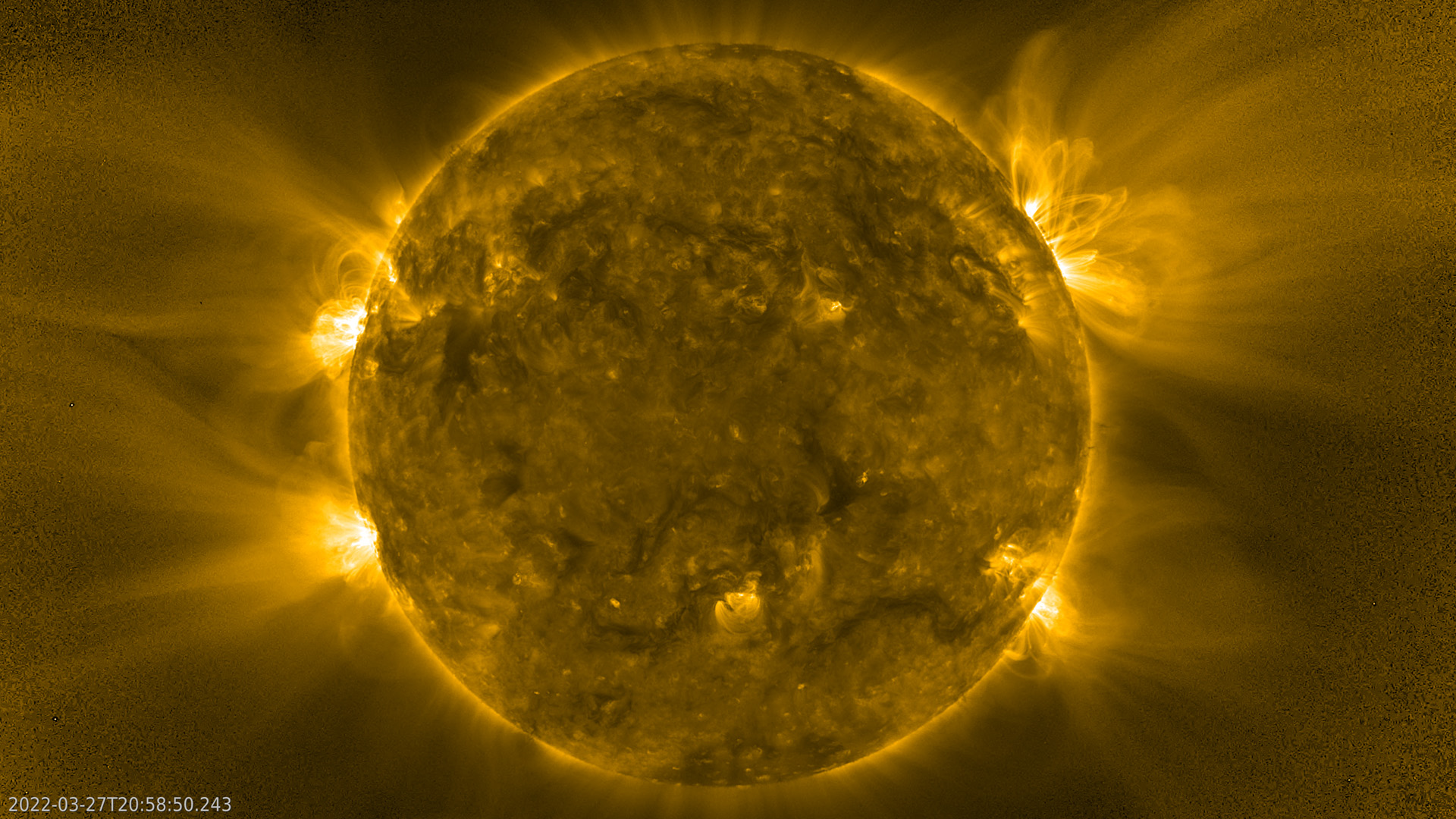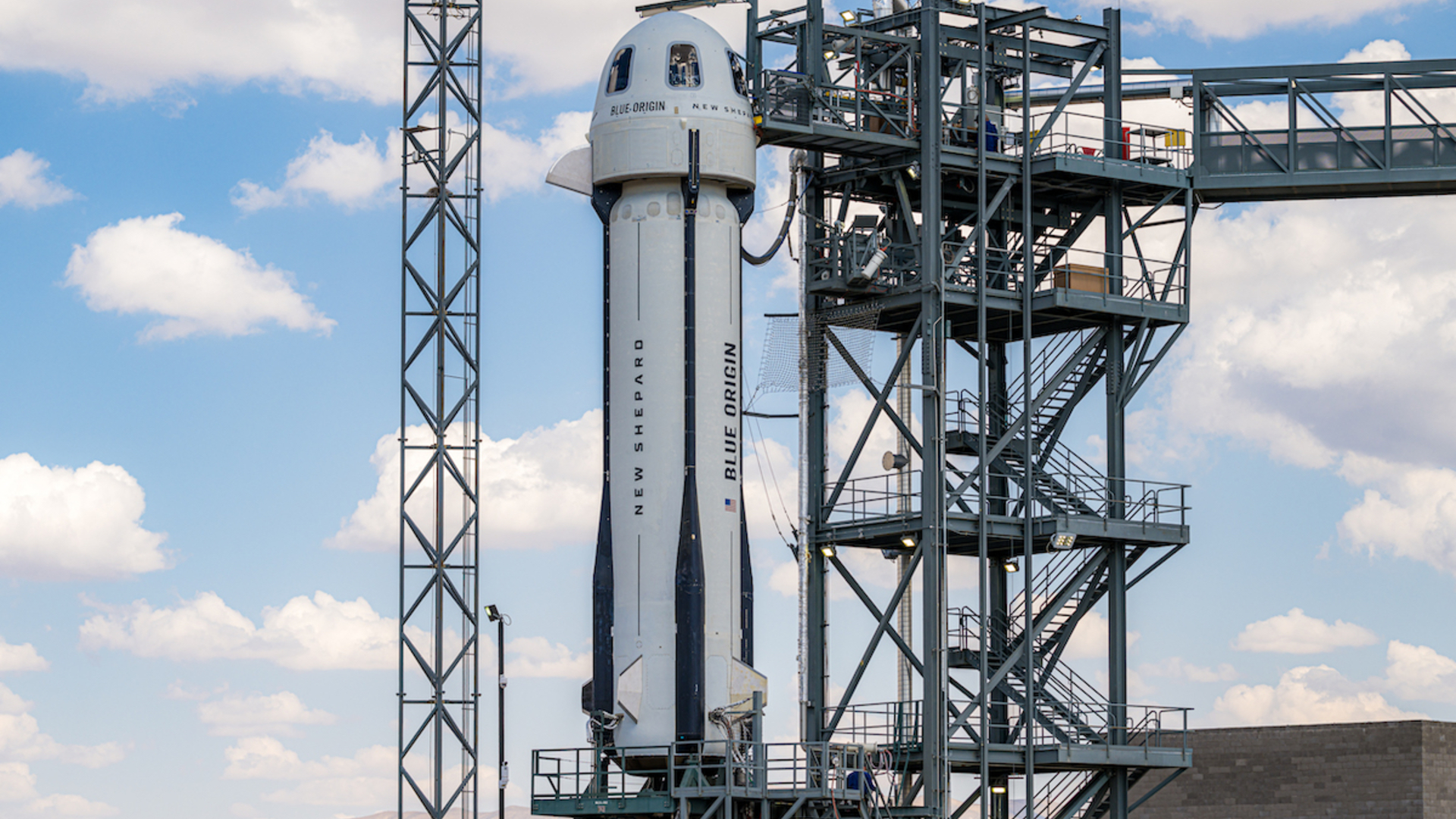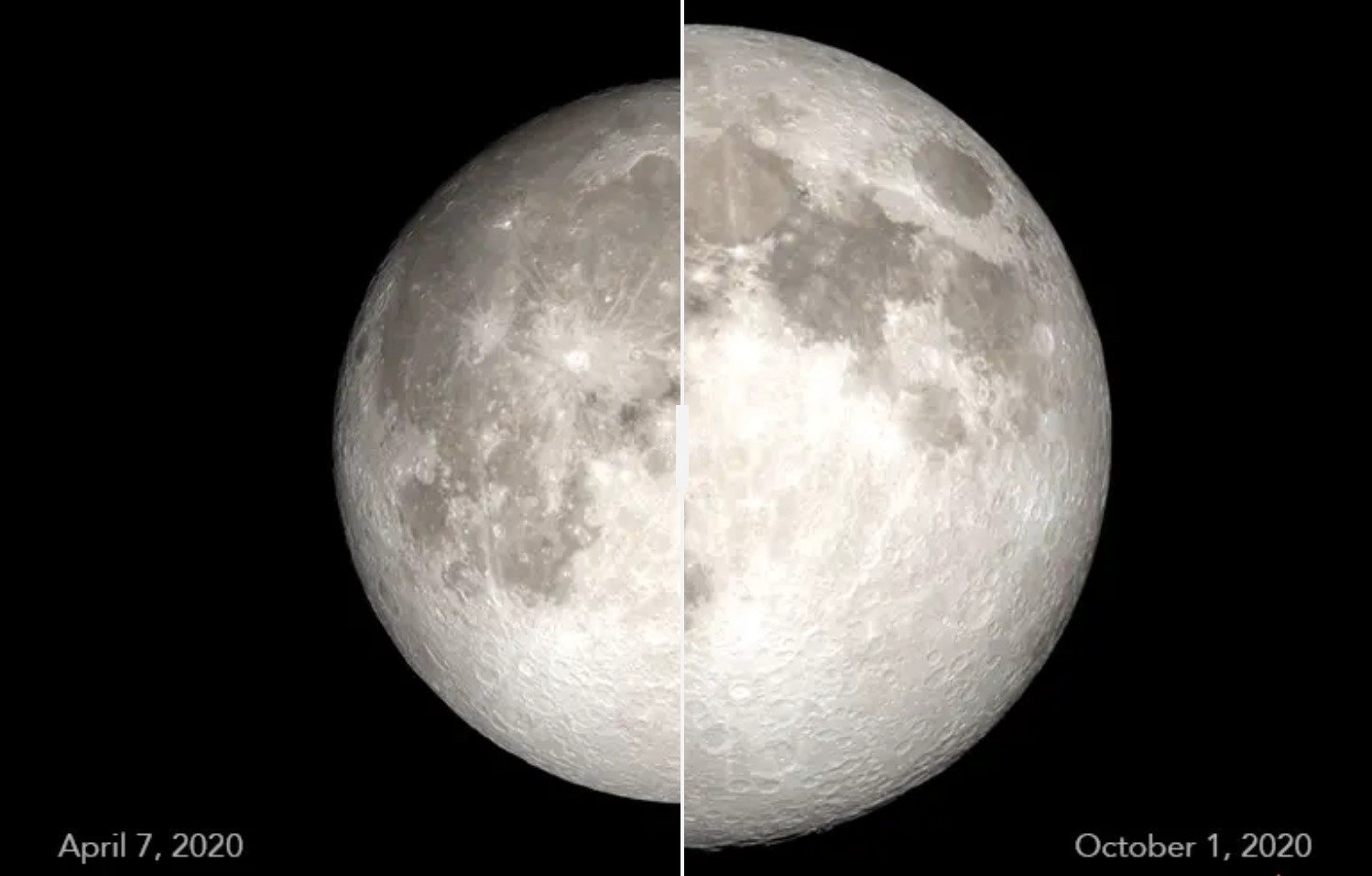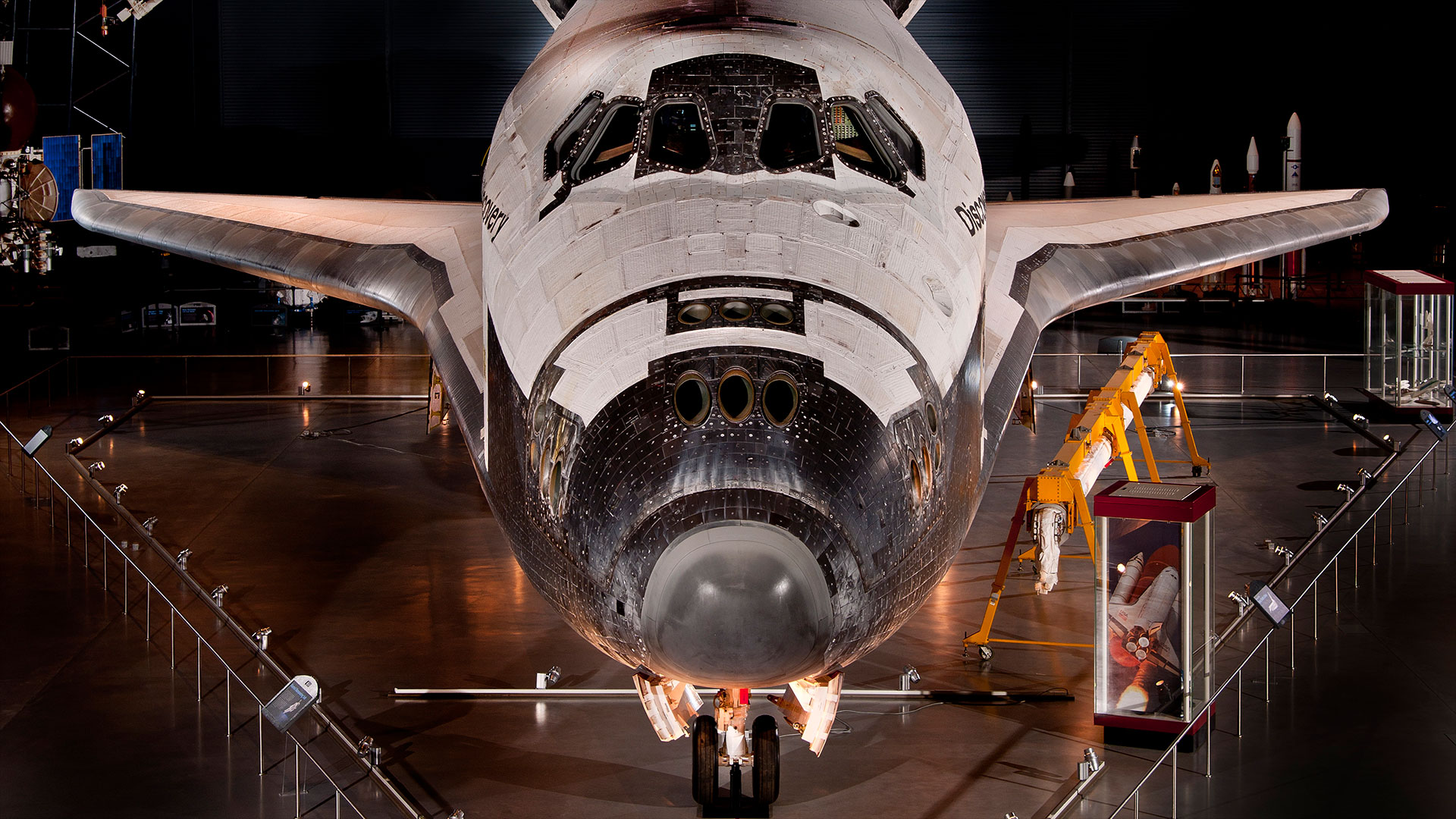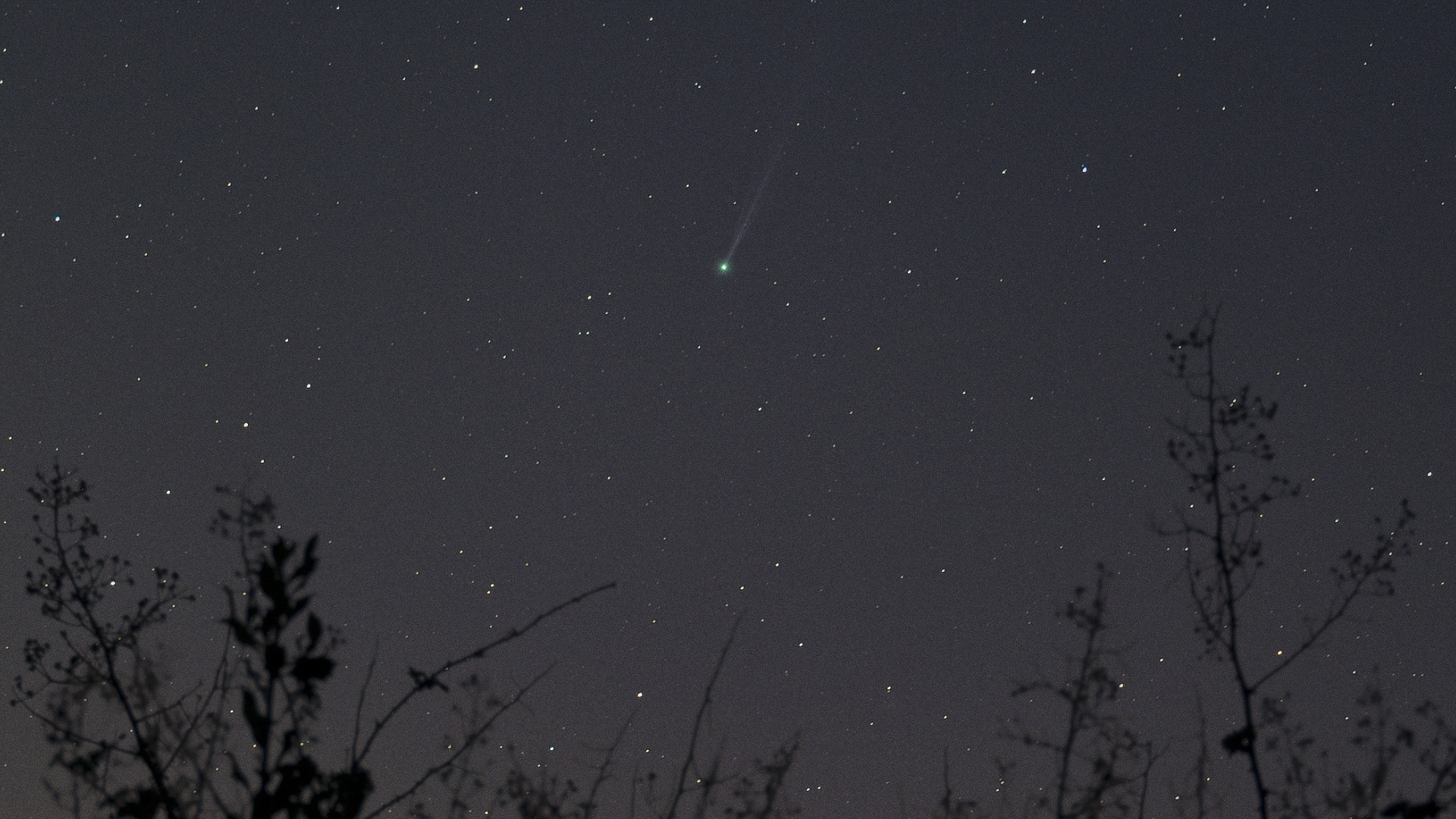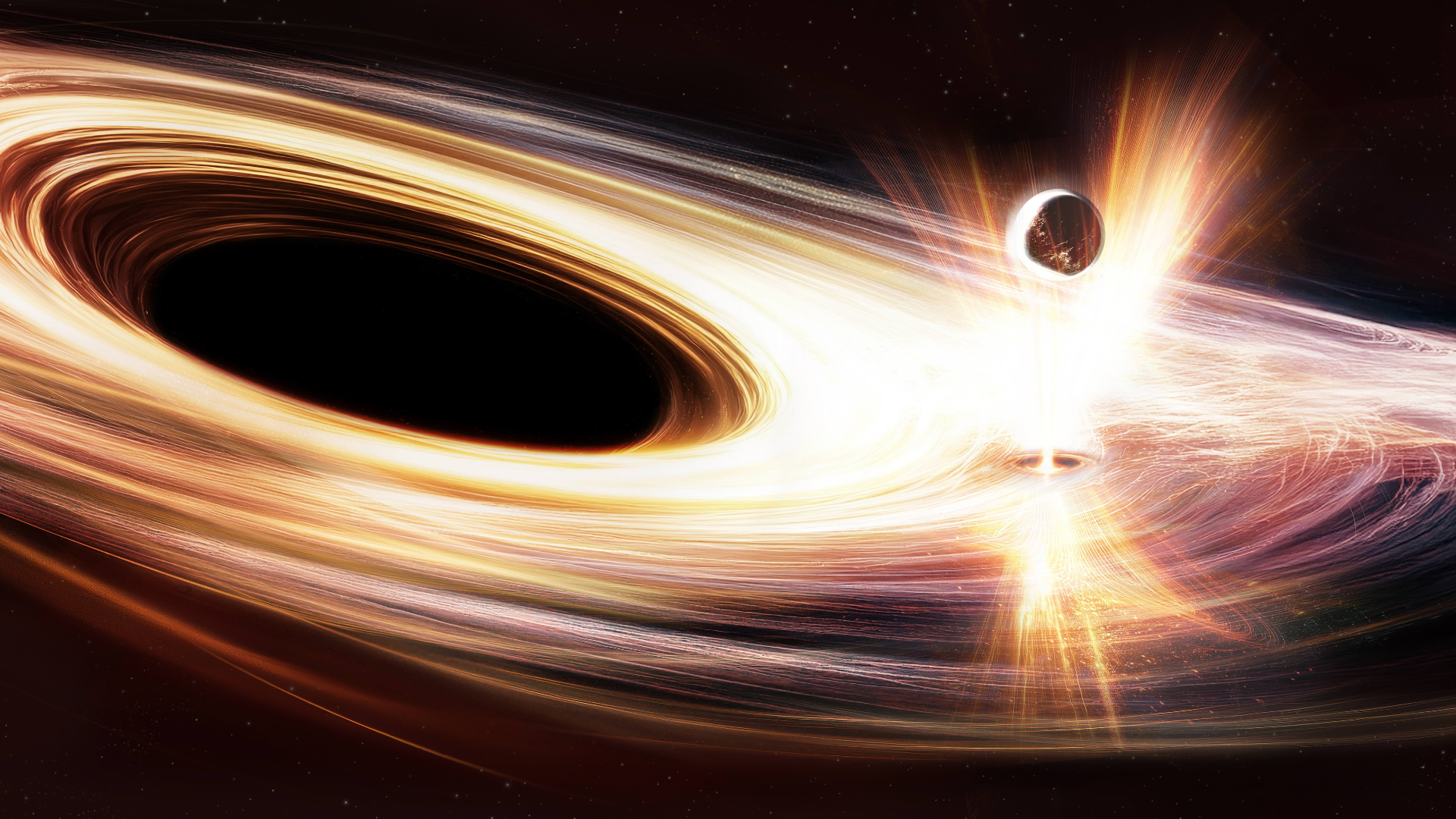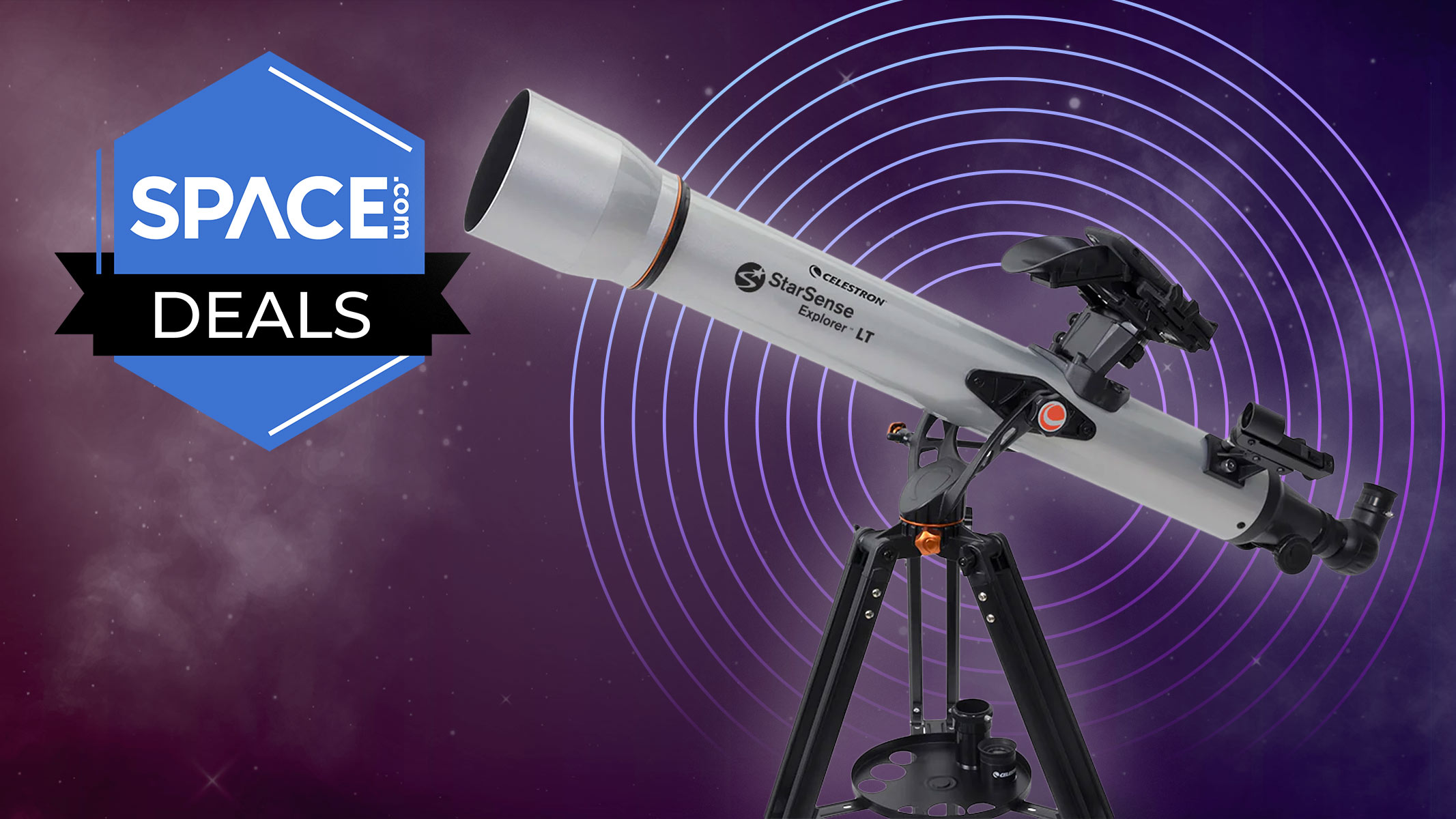
A pioneering space junk cleanup test is on hold for now.
Astroscale has suspended its ELSA-d demonstration mission in Earth orbit after detecting "anomalous spacecraft conditions," the Japanese startup announced on Twitter Wednesday (Jan. 26).
ELSA-d ("End-of-Life Services by Astroscale demonstration") launched to Earth orbit in March 2021 to test tech for capturing space debris, which poses a growing threat to humanity's exploration and exploitation of the final frontier.
The mission consists of two spacecraft — a 386-pound (175 kilograms) "servicer" and a 37-pound (17 kg) cubesat "client" outfitted with a magnetic docking plate. In August, the servicer released and re-snagged the client multiple times, becoming the first private company to ace an orbital capture experiment.
Related: The Kessler Syndrome and the space debris problem
Astroscale controlled that operation from its facility in Hartwell, England. This week, the company initiated a new phase of the mission — an autonomous capture demonstration. The servicer released the client as planned on Tuesday (Jan. 25) and began autonomous navigation operations but was not able to see them through.
"Following an excellent start to mission operations, our team detected anomalous spacecraft conditions," Astroscale representatives wrote in Wednesday's tweet. "For the safety of the mission, we have decided not to proceed with the capture attempt until the anomalies are resolved."
Get the Space.com Newsletter
Breaking space news, the latest updates on rocket launches, skywatching events and more!
The servicer and client are both operational and are at a safe distance from each other, the company added, stressing that it plans to continue the mission after solving the problems. Astroscale promised to provide more details about the situation as they become available, a pledge also made by a company spokesperson to whom Space.com reached out for more information.
Mike Wall is the author of "Out There" (Grand Central Publishing, 2018; illustrated by Karl Tate), a book about the search for alien life. Follow him on Twitter @michaeldwall. Follow us on Twitter @Spacedotcom or on Facebook.
Join our Space Forums to keep talking space on the latest missions, night sky and more! And if you have a news tip, correction or comment, let us know at: community@space.com.

Michael Wall is a Senior Space Writer with Space.com and joined the team in 2010. He primarily covers exoplanets, spaceflight and military space, but has been known to dabble in the space art beat. His book about the search for alien life, "Out There," was published on Nov. 13, 2018. Before becoming a science writer, Michael worked as a herpetologist and wildlife biologist. He has a Ph.D. in evolutionary biology from the University of Sydney, Australia, a bachelor's degree from the University of Arizona, and a graduate certificate in science writing from the University of California, Santa Cruz. To find out what his latest project is, you can follow Michael on Twitter.
